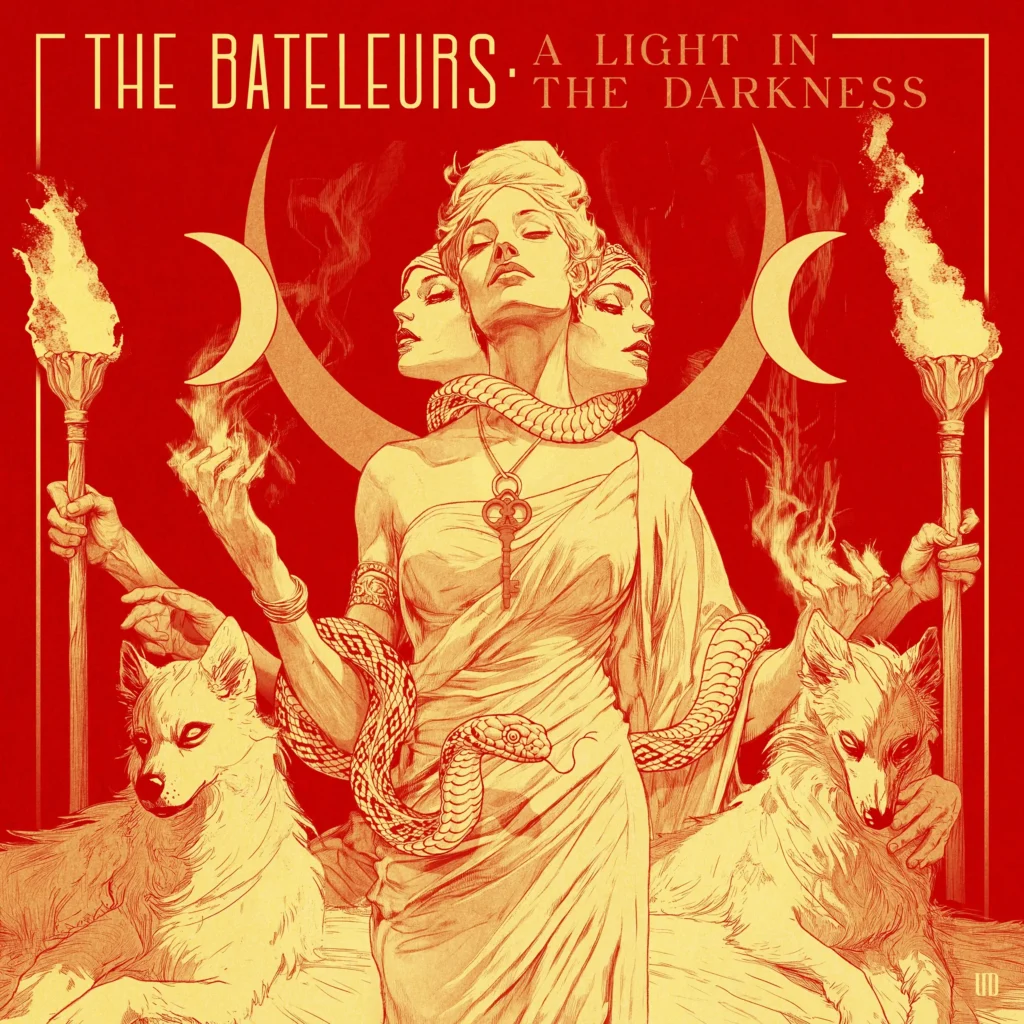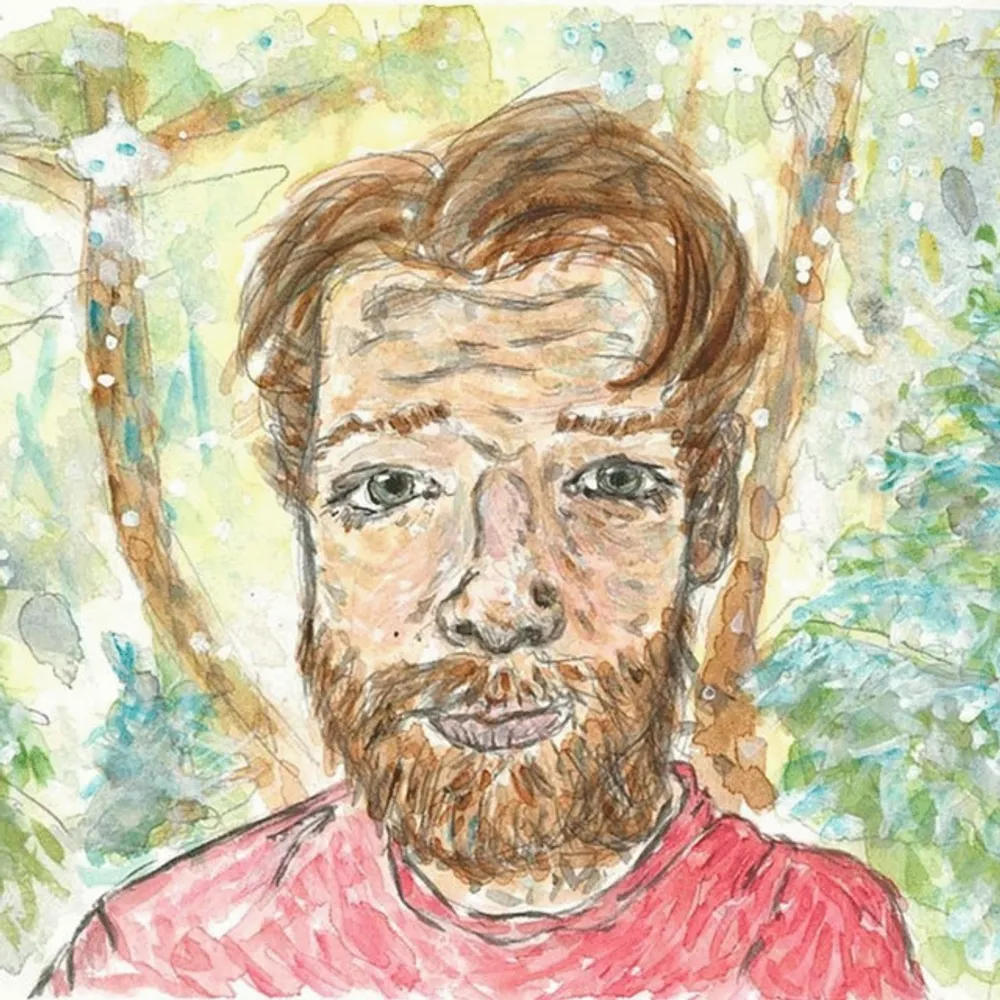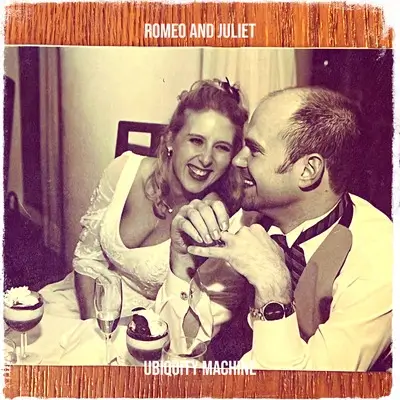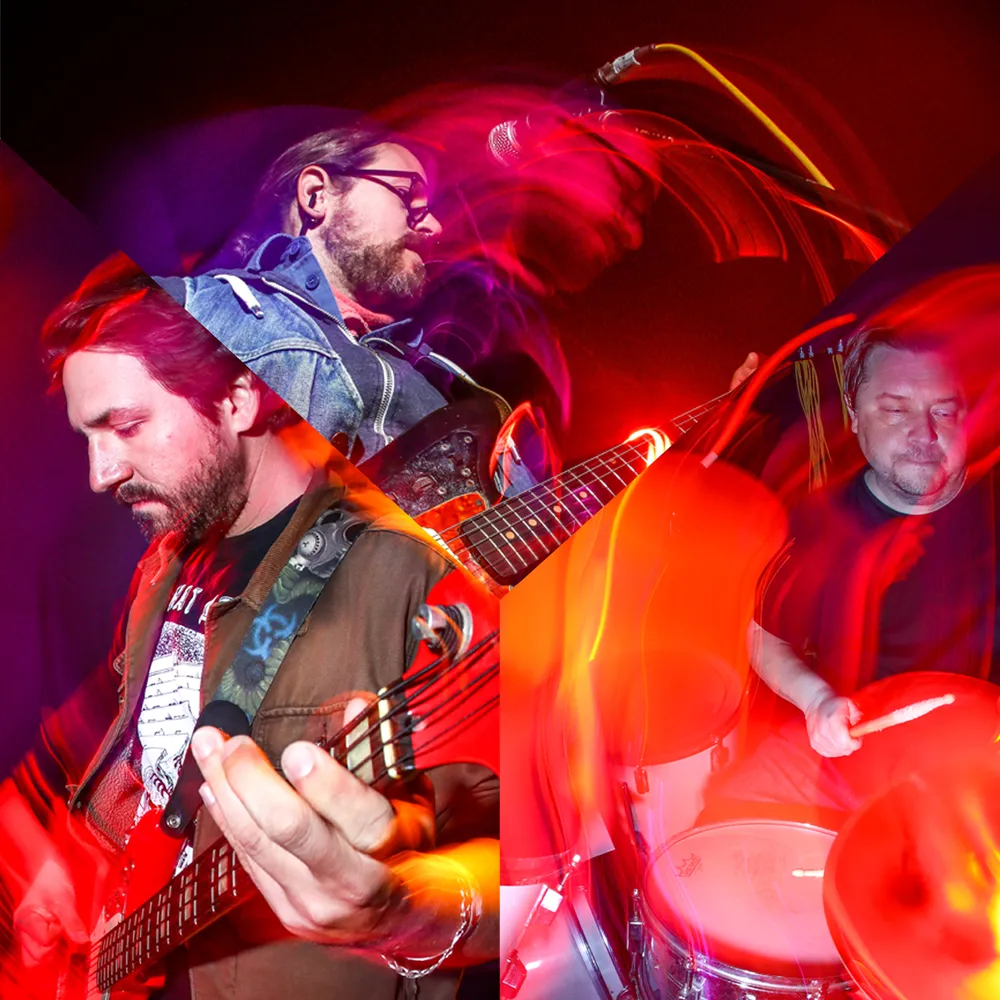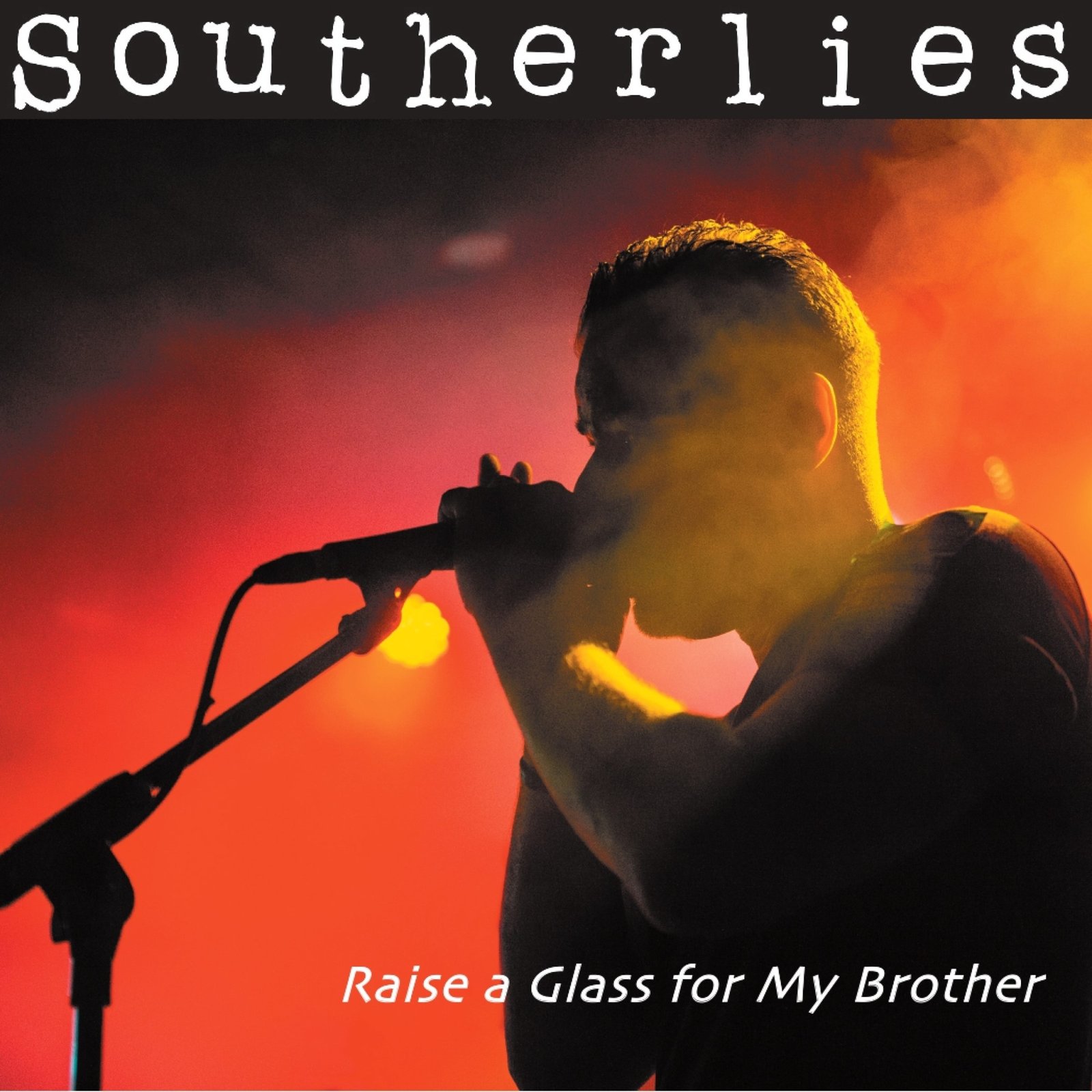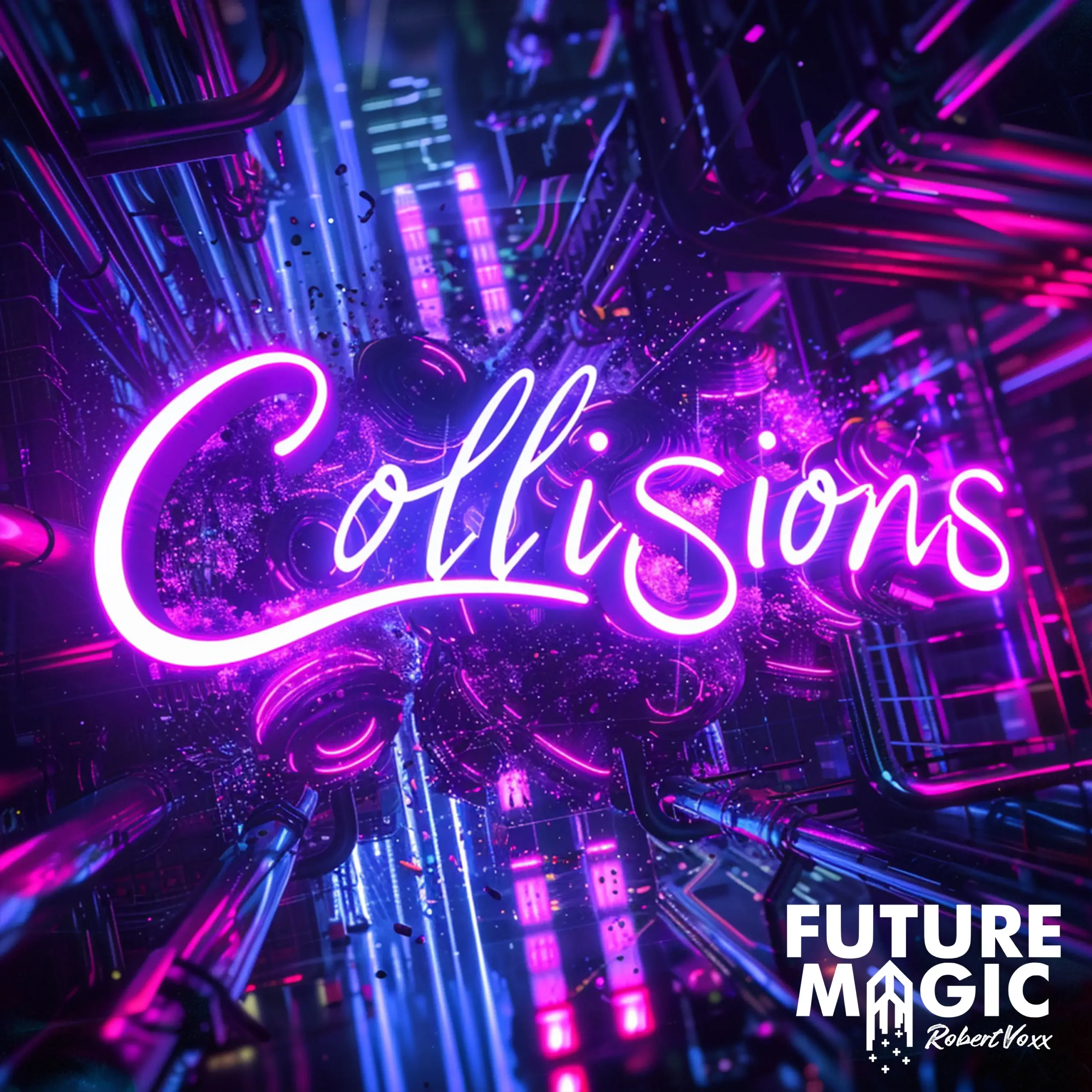There’s a certain swagger that only comes from a band that’s been through hell, scraped themselves back together, and then decided the flames might as well be repurposed as stage lighting. A Light in the Darkness, the second full-length from Lisbon’s The Bateleurs, is that swagger weaponized. Not self-destructive, not nostalgic, but sharpened into something pointed and deliberate. If The Sun in the Tenth House was their introduction, this new album is the declaration delivered through a megaphone. It doesn’t just polish the edges; it sharpens them. It’s not about being perfect. It’s about being undeniable.
The most obvious catalyst for this evolution is the band’s lineup shift. The departure of guitarist Marco Reis and the arrival of Ricardo Galrão could have easily sent the band into a tailspin. Instead, it feels like a controlled detonation. Galrão’s playing doesn’t refill a void; it electrifies it. His tone is raw, reckless, and always one misjudged decision away from catching fire. It’s a volatile counterpart to Sandrine Orsini’s commanding vocals, which remain the gravitational center of the band’s sound. Her voice is rich, soulful, and constantly teetering on the precipice of breaking in the most human way possible. Together, they generate a chemistry so dynamic you can practically hear the air ionizing.

The album’s recording process reinforces this ethos. Tracked across three studios in early 2025, A Light in the Darkness proudly rejects the digital safety nets of modern rock production: no quantization, no Autotune, no heavy editing. It’s an approach that mirrors the album’s thematic spine; grit over gloss, soul over sterility. You hear every microscopic detail: wood resonating in drum shells, pick scrapes, amp hum, and breaths that weren’t cut out simply because they were inconvenient. The record sounds massive precisely because it isn’t “perfect.” It’s alive. If anything, it reminds me of the same ethos of one of my favourite albums of the 2010s: The War On Drugs’ A Deeper Understanding.
“A Price for My Soul” kicks the door in with muscular blues-rock swagger that lands somewhere between a swamp incantation and a fistfight. It stomps with the same theatrical boldness as something like The Black Keys’ “Howlin’ For You,” but with far more smoldering menace.
From there, we plunge into the bayou-tinted shadows of “Widow Queen,” a song that simmers rather than detonates. It’s blues-rock theatre stripped of pretension, all tension and no release. And then “For All to See” bursts out like the record’s widescreen moment; fuzz-drenched and swagger-loaded, burning with the hyper-specific energy of a Mountain riff filtered through the intensity of the Regular Show joke that went too hard for children’s television. It’s big, it’s punchy, and it glows like a neon sign demanding your attention.
As the album deepens, The Bateleurs stop merely performing blues-rock aesthetics and start interrogating them. “Dancing on a String” leans into jittery defiance, carrying sonic DNA reminiscent of grandson’s “Oh No!” and that’s praise. “Never Back Down” feels like the kind of track Alice Merton would record if someone handed her a truckload of distortion pedals and simply said “Cause as much trouble as possible.” What keeps these songs anchored isn’t adherence to genre norms, but the band’s unwavering commitment to emotional honesty.
Then comes the album’s towering center: “The Lighthouse.” At over seven and a half minutes, it stretches The Bateleurs into new territory; atmospheric, cinematic, patient. It’s less a song than a slow-burning ritual. Galrão trades fire for glow, letting each note linger, while Orsini delivers one of her most moving performances, walking the tightrope between fragility and power. It’s the track that expands the album’s vocabulary and proves the band isn’t satisfied with merely being good at blues-rock; they want to explore where it can go.
And then, after all that firepower, the band pulls the boldest move possible: they end quietly. The closing track, “Before the Morning Is Done,” abandons distortion for weary honesty. A country-blues-style closer, it lands like a long exhale after a storm. It’s not triumphant, but it doesn’t need to be. It’s survival music; gentle, grounded, and deeply human.
What ultimately makes A Light in the Darkness compelling isn’t just the performances, or the analog purism, or even the songwriting; it’s the philosophy. This is a band reclaiming the dirt under their fingernails. In a world of AI-manicured vocals and algorithm-approved production, The Bateleurs embrace imperfection as truth. They understand that blues-rock is not a museum piece; it’s an evolving ritual. Their sound is swampy, soulful, dangerous and stubbornly alive. All in all, The Bateleurs aren’t just standing in the fire; they’re learning to sculpt with it.
Follow The Bateleurs
About the Author

A tenured media critic known working as a ghost writer, freelance critic for various publications around the world, the former lead writer of review blogspace Atop The Treehouse and content creator for Manila Bulletin.


